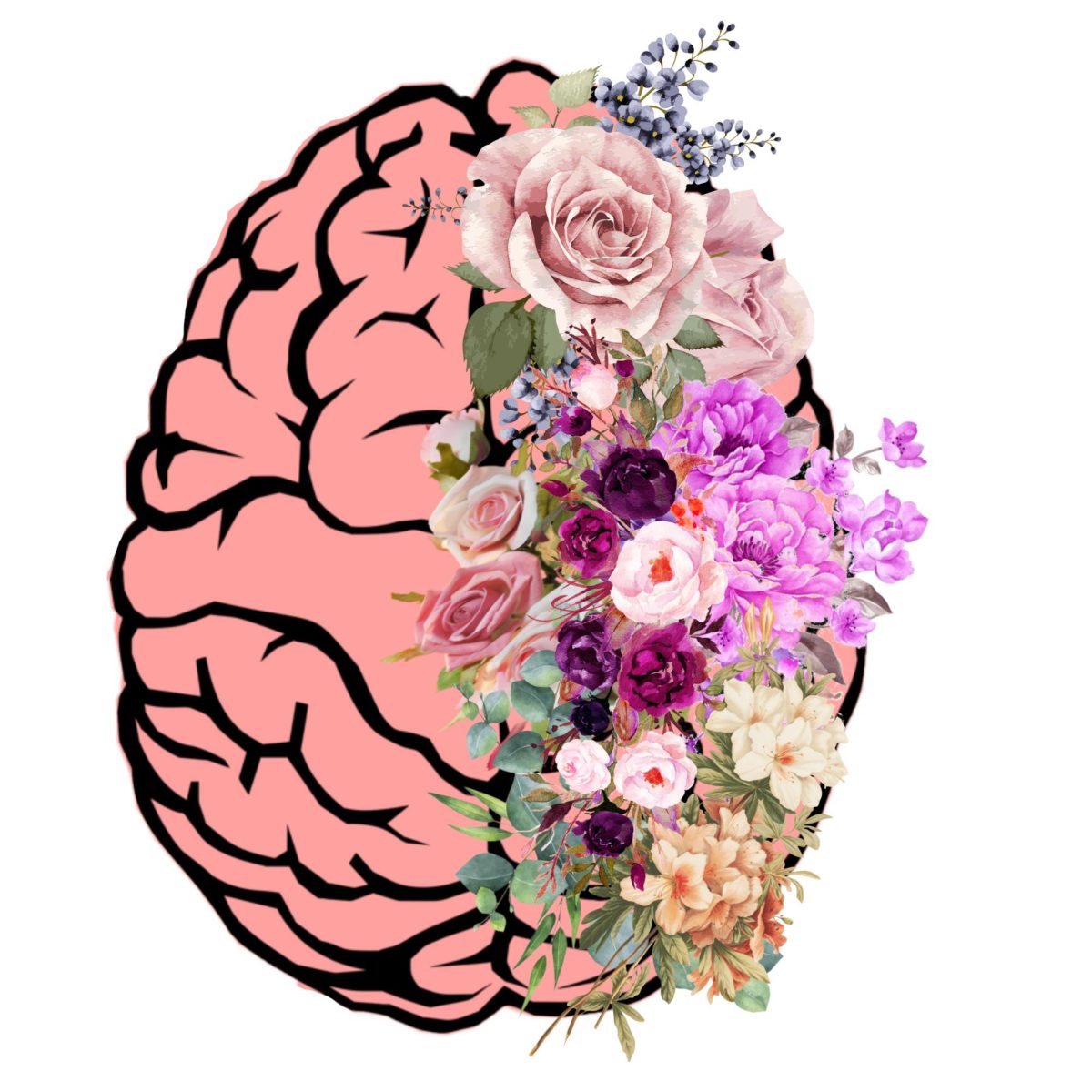How PVHS Students Overcome Their Struggle with Mental Health
Self-Care Tips and Resources
by Jenna Laine
“If you had a broken bone, you get that treated… wouldn’t you? It’s the same thing with your brain. It’s an organ and it’s something that you need to take care of and nurture to make sure it stays healthy,” said Jada Wysocki. Wysocki is a counselor at PVHS and makes strong efforts to assist mental health on PV’s campus.
Collapsed mental health is not something to avoid and neglect for another time. It is an extremely sensitive topic and at some point, every person will struggle with their mental health whether it manifests in overbearing stress, overthinking, depression, or other feelings of hopelessness. More importantly, it is crucial to understand how to overcome your struggling mental health and work with it side by side to learn how to cope with it. Keep in mind, the end goal is to get back on track so you can easily live your life.
“People want to help you and you have the power to help yourself,” shared counselor, Melissa Plants.
Mindset plays a huge role on how you perceive your life. Focusing on gratitude, love, and your strengths, rather than your weaknesses, doubts and problems all aid to improve your mental health. Negative mindsets aren’t something that are an easy “fix”, especially when you feel trapped. In fact, it is much easier said than done. It takes active practice and effort to create this positive space to live in each day. People have seen tremendous change within their lives by implementing a more positive outlook on life.
“I think hiding myself from everyone really made me go downhill. It was life changing to get in that positive mindset to look at the good instead of the bad while using multiple goals to help me achieve happiness” said Carli Rosenquist, a PVHS senior.
Taking the first step to get “unstuck” from this negative mindset is to actively work on improving your mental health daily. Try getting enough sleep, at least 8 to 10 hours; your body needs time to energize and restore.
Find new hobbies to enjoy! Riding bikes, cleaning, art, music, cooking, anything that can possibly come to mind. Go off the grid for a while and work towards improving yourself, loving yourself, and spending time with non-toxic people. The media isn’t a source that will keep you positive. With constant comparing and judging within the media, try journaling to express your feelings and goals instead. Journaling is an excellent way for personal growth because writing these thoughts bring new opportunities to release old emotions. Taking a walk outside, going on some type of adventure or even just relaxing outdoors will instantly boost your mood.
Learning how to forgive yourself and others will also be beneficial to your mental health. Don’t hold onto the guilt or shame attached to certain situations because this will only prevent you from moving forward. Work everyday for self improvement and forgiveness. Mistakes are a great source of learning, bad days create hope for good ones to come. Take things step by step and look at the big picture of things, this is only a moment in time.
Acknowledge that your mental health is struggling and that it’s OKAY to struggle. You are heard. You are not alone. Your problems are just as important as somebody else’s, no matter how big or small.
“I have since felt more in the moment and happier by not being stuck to my phone. I can just go on a walk or paint a picture. It gives you so much more time to work on yourself and get to that state of mind that everyone strives for,” shared Rosenquist.
“Mental health is something I’ve come to learn and accept but I also don’t identify with the illness and it doesn’t define me, anymore. Over quarantine I learned that it’s okay to sit with my feelings, when they feel really intense or when I feel like numbing I tell myself everything is temporary. Everytime I experience a negative emotion I ask myself why am I feeling this way and from there I try to find the root/trigger that made me feel that way. Coming out and saying this may have seemed easy but it’s not; however, it’s easier then suffering from the thoughts in your head. I also try to remind myself of all the beautiful things around me and how intricate everything truly is, it makes me feel so much better. Reflecting and journaling have helped me wonders,” shared senior Ashley Moran.
“My biggest piece of advice is that it’s okay to communicate when you are not okay. Let somebody know that you are struggling,” said Wysocki.
Deciding to move forward in a healthy way is such a brave decision to make. Not being attached to how things are “supposed to happen” allows space for acceptance of new possibilities. Letting go means growth is being allowed to come your way.
Take a moment and check in with yourself. What words are being constantly fed into your body and mind? How do these words impact how you treat yourself and how you perceive yourself? Take these words with grace and thank them for appearing, but never allow the stories your mind creates to control you.
If you are struggling with your mental health and need extra support, here is a list of local resources:
- Butte Youth Now – Sign & Symptoms of Youth Depression for Teens
- Suicide Prevention Lifeline – How to Take Care of Yourself
- Youth by Youth – Where Mental Health, Wellness, Engagement and Technology Meet
- American Foundation for Suicide Prevention – Fight Suicide
- Friends for Survival – Help After a Suicide Death
- Butte 2-1-1 – 24 Hour Hotlines & Crisis Intervention
- Butte County Behavioral Health -Getting Help in Butte County
- PVHS Counseling Resources
































